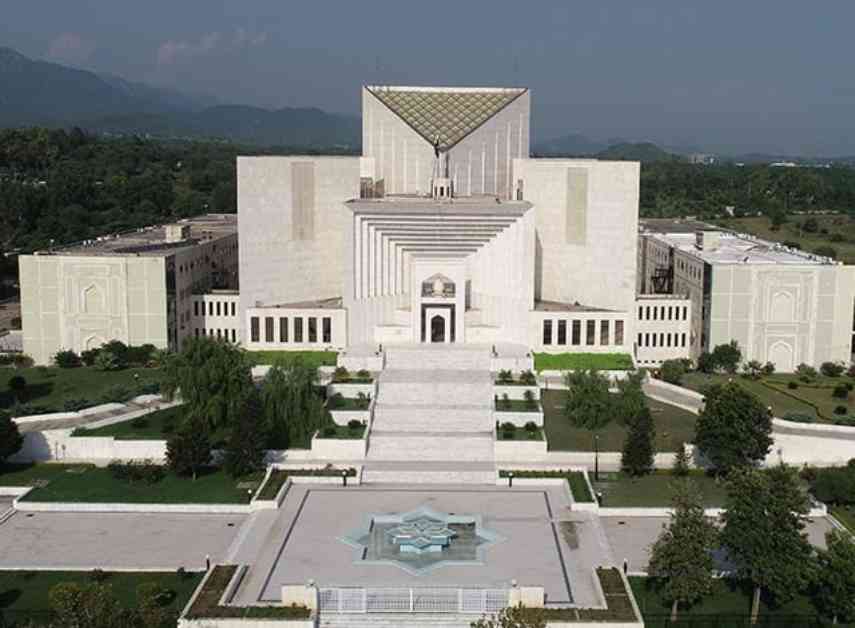The Judicial Commission of Pakistan, responsible for confirming judicial appointments, has approved the appointment of six judges to the Supreme Court, a decision with significant implications for the country’s legal landscape. Among the appointees are Chief Justices of three high courts, including Balochistan High Court Chief Justice Hashim Khan Kakar, Sindh High Court Chief Justice Shafi Siddiqui, and Islamabad High Court Chief Justice Aamer Farooq. This move brings a wealth of legal experience from different regions to the Supreme Court bench, enhancing its diversity and expertise.
The decision to appoint these judges followed extensive deliberations within the commission, showcasing a thorough vetting process to ensure the selection of qualified candidates. The revamped Judicial Commission of Pakistan, which convened on Monday, was expanded through the 26th Constitutional Amendment. This 13-member commission, chaired by the Chief Justice of Pakistan, comprises four apex court judges, as well as representatives from both the ruling and opposition parties and other stakeholders.
Challenges and Controversies Surrounding the Appointments
The appointment process faced challenges and controversies, with some judges and members of the legal community calling for a postponement of the meeting. In the days leading up to the commission’s decision, several Supreme Court and Islamabad High Court judges, along with JCP member Senator Ali Zafar, urged Chief Justice Afridi to delay the meeting. Their concerns centered around unresolved issues related to the 26th Amendment and the seniority list of IHC judges.
The All Pakistan Lawyers Action Committee (APLAC), representing lawyers opposed to the 26th Amendment, echoed calls for a postponement, emphasizing the need to address pending legal matters before making new judicial appointments. Prominent legal figures, including former presidents and office-bearers of the Pakistan Bar Council and the Supreme Court Bar Association, joined forces to advocate for the protection of judicial independence amidst this contentious appointment process.
While the legal community remains divided on the timing of the judicial appointments, tensions escalated when lawyers staged a protest in the federal capital, resulting in the suspension of Metro bus services between Islamabad and Rawalpindi. The demonstration, held in response to the scheduled JCP meeting, prompted authorities to seal off the Red Zone in Islamabad, heightening security measures in the area.
Implications for the Judicial Landscape
The appointment of six judges to the Supreme Court marks a significant development in Pakistan’s legal system, signaling a shift in the composition of the country’s highest court. With the elevation of experienced chief justices from different regions, the Supreme Court’s bench gains a wealth of expertise and regional perspectives, enriching its decision-making processes and enhancing diversity.
As the newly appointed judges prepare to assume their roles on the Supreme Court, the legal community closely watches the unfolding developments and debates surrounding the appointment process. The decisions made by these judges are expected to shape the future of Pakistan’s judiciary, influencing key legal precedents and landmark cases that come before the Supreme Court.
In conclusion, the appointment of judges to the Supreme Court amidst calls for postponement and protests in the legal community underscores the complex nature of judicial appointments and the challenges inherent in ensuring a fair and transparent selection process. As Pakistan’s legal landscape evolves, the role of the Supreme Court in upholding justice and defending the rule of law remains paramount.









